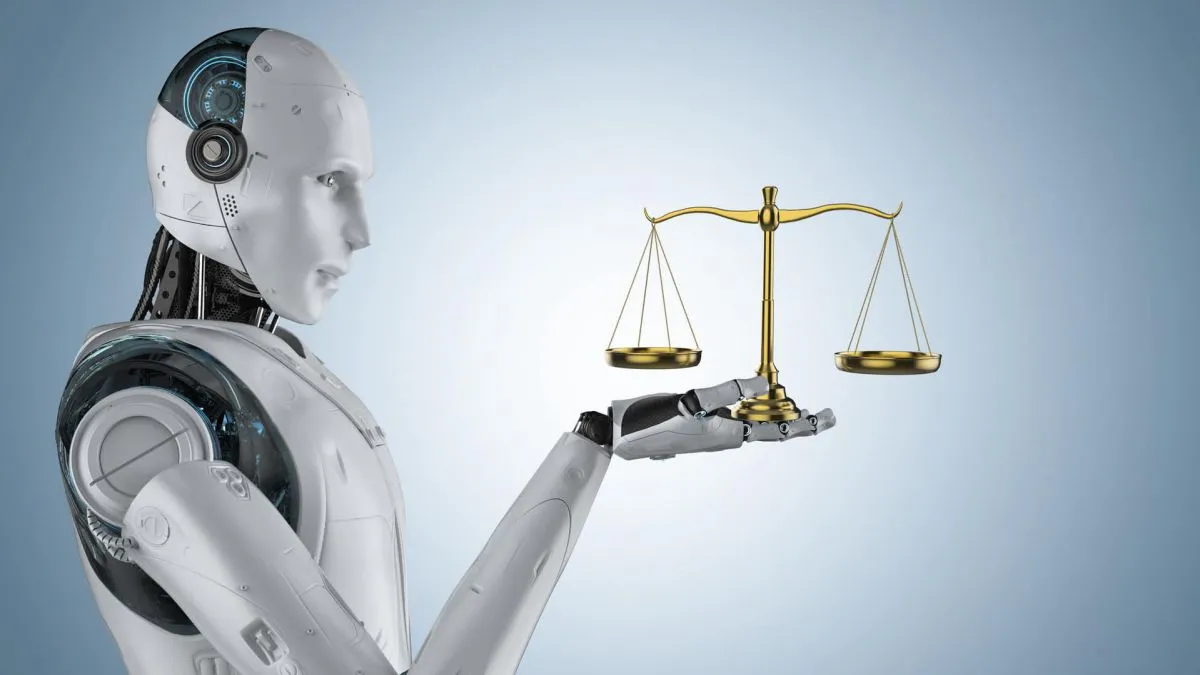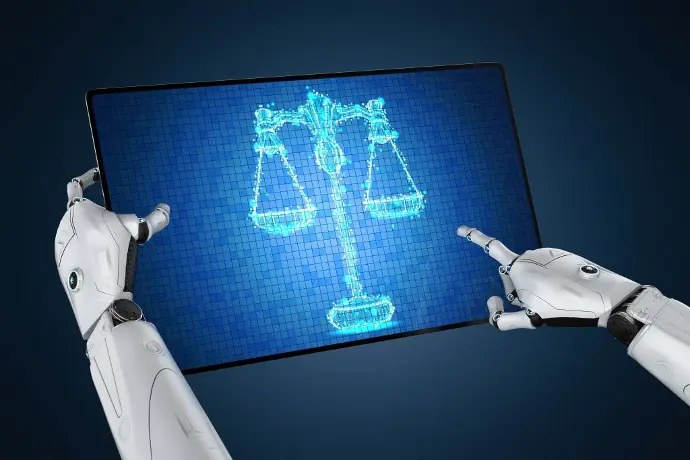Applications of AI in Law
AI is being used in law in many different ways, from automating tedious tasks to making more informed decisions. Below are some of the most common applications of AI in the field of law.
1. Data analysis and evidence discovery
AI can be used to analyse large amounts of data and look for patterns or relevant information. This can be especially useful in complex cases where there is a lot of information to analyse. AI can also be used to assist in the identification and collection of evidence.
2. Task Automation
AI can automate tasks that would normally require a lot of human time and effort, such as reviewing legal documents or drafting contracts. This can save time and reduce costs.
3. Decision-Making Assistance
AI can be used to assist in legal decision-making. For example, it can be used to predict case outcomes based on historical patterns and data, which can help lawyers and judges make more informed decisions.
4. Legal Chatbots
Legal chatbots are AI programs that can answer basic legal questions and provide relevant information. This can help ease the workload of lawyers and allow people to get quick answers to their legal questions.

 IHRO NEWS
IHRO NEWS
